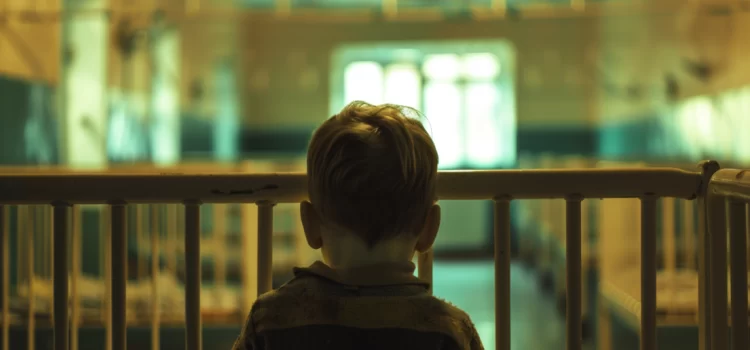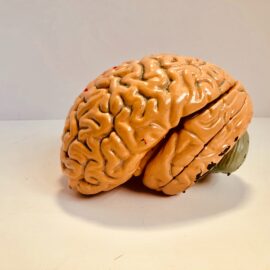
Do you have an adopted child? Are they developing in a way that seems out of the norm?
The authors of The Connected Child say that adopted children often develop at different rates due to factors including toxin exposure while in the womb and childhood isolation in institutions. The authors recommend disregarding any pre-set notions and taking a holistic approach to adoptive parenting.
Continue reading to learn more about the challenges adopted children face, and how to handle them.
The Unique Challenges Faced by Adopted Children
In their book, The Connected Child, authors David R. Cross, Karyn B. Purvis, and Wendy Lyons Sunshine dive deep into the distinct challenges and needs of adopted children, especially those who have faced early adversity, deprivation, and childhood isolation.
The Impact of Toxin Exposure on Development
One of the key points they explore is how initial hardships and resource deficiencies can profoundly impact a child’s development. They look at how exposure to toxins before birth, as well as neglect and abuse, can alter brain chemistry and functioning.
The authors note that prenatal exposure to toxins, neglect, and abuse can modify neurological processes. For example, children exposed to alcohol before birth may struggle with abstract reasoning or learning new words. It’s crucial to understand that the early surroundings of a fetus play a role in shaping its neurochemistry.
Moreover, stress, depression, and anxiety experienced by the birth mother during pregnancy can lead to the infant having imbalanced neurochemistry and abnormal brain activity. Exposure to drugs like methamphetamine or cocaine during the prenatal period may significantly increase the likelihood of children experiencing cognitive deficits, while smoking during pregnancy is linked to reduced birth weight and slower developmental progress.
The Effects of Inadequate Bonding and Institutional Upbringing
Another critical aspect the authors explore is how institutionalization and inadequate attachment can impact a child’s social, emotional, and intellectual growth. They explain that the detrimental effects of isolation on an infant are more severe than those from mistreatment, resulting in impaired brain development and difficulties in social interactions. It’s heartbreaking to think that children raised without a primary caretaker, such as in an orphanage, may lack basic attachment skills and a moral compass, leading to behaviors like stealing and cruelty.
(Shortform Note: Institutional upbringing refers to children raised in institutions like orphanages without consistent caregivers. This lack of individualized care can lead to challenges in forming attachments, social skills, and emotional regulation. It may result in developmental delays and difficulties in forming trusting relationships later in life. The impact can extend to intellectual development, affecting cognitive abilities and academic performance.)
On a more positive note, the authors contend that children who investigate their surroundings in a supportive household setting develop greater trust in adult dependability which, in turn, significantly enhances their language comprehension and social abilities.
(Shortform Note: The focus on environmental and relational factors might underplay the genetic or biological predispositions affecting a child’s development and behavior.)
Addressing the Multifaceted Challenges Faced by Adopted Children
Purvis, Cross, and Sunshine also examine a wide range of behavioral, neurological, and psychological challenges that adopted children face. For instance, a child who grew up in an orphanage might display severe anxiety in new environments or have difficulty calming down after minor upsets, suggesting that early neglect has modified their neurochemical responses.
To better understand and support these children, the authors advocate for a holistic and integrated approach that addresses the entire child. They recommend disregarding any pre-set notions regarding how a child should act based on their age, as children who were adopted and categorized as at-risk may experience delays in emotional, behavioral, and developmental areas because of their unique histories and disrupted early growth.
(Shortform Note: The emphasis on a holistic and nurturing approach, while beneficial, may not address the need for more structured or traditional behavioral interventions in some cases.)






